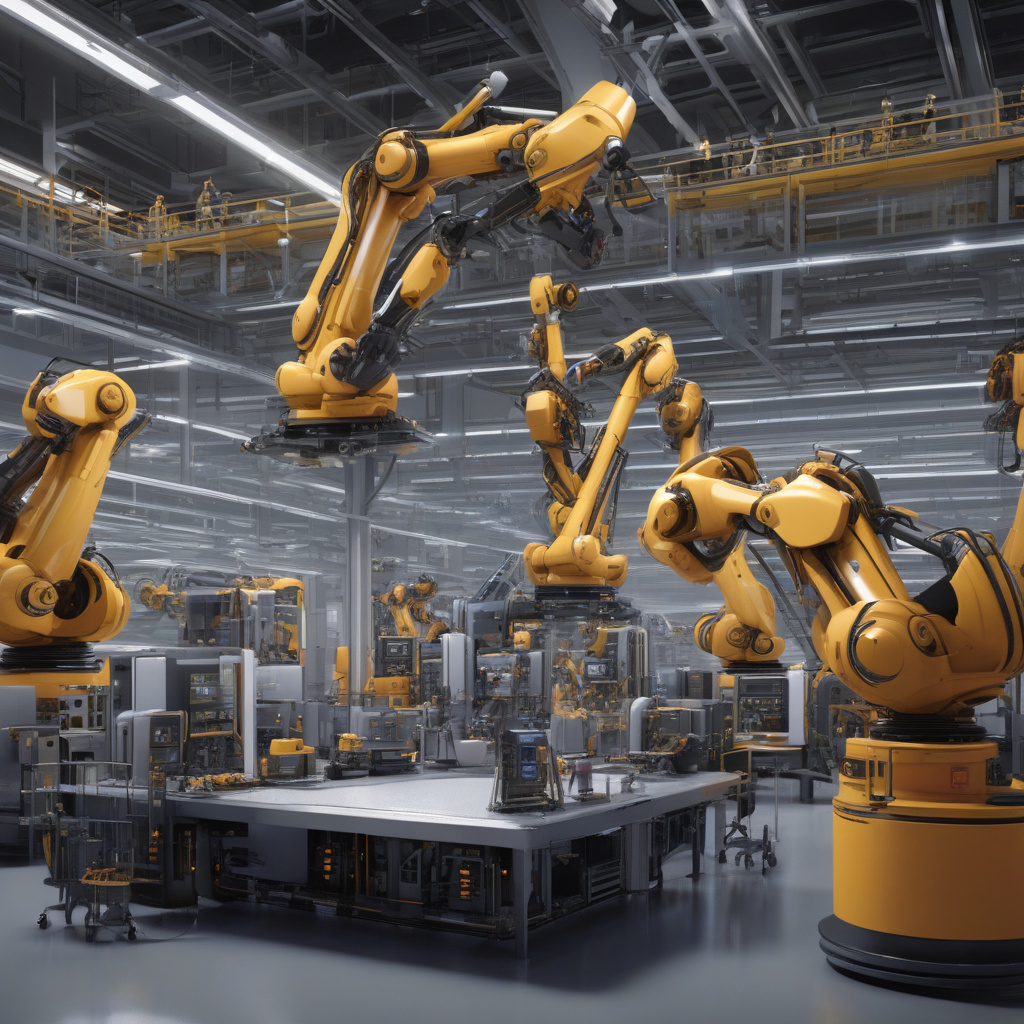Manufacturers Are Rapidly Shifting from Digital Planning to Execution in 2025
Manufacturers in 2025 are witnessing a significant shift in focus from merely forming digital transformation strategies to actually executing them. A recent industry report titled “The Voice of Digital Leaders in Manufacturing 2025,” conducted by Copperberg and Valtech, sheds light on this crucial transition. The report, based on a survey of over 100 senior manufacturing executives, with a substantial 76% representing companies with annual revenues exceeding $1 billion, underscores the changing dynamics within the manufacturing sector.
The traditional approach of merely conceptualizing digital transformation initiatives without robust execution strategies is becoming obsolete. Manufacturers are realizing the paramount importance of translating their digital strategies into tangible actions to stay competitive in the ever-evolving market landscape. The shift towards execution signifies a more hands-on and result-oriented approach that aims to drive real outcomes and deliver value across the organization.
One of the key drivers behind this paradigm shift is the pressing need for manufacturers to enhance operational efficiency, optimize processes, and meet evolving customer demands effectively. In an era where digital disruption is the norm rather than the exception, companies that fail to move beyond planning to execution risk falling behind their more agile and proactive counterparts.
Furthermore, the COVID-19 pandemic has acted as a catalyst, compelling manufacturers to expedite their digital transformation journeys. The disruptions caused by the global health crisis highlighted the significance of digital technologies in ensuring business continuity and resilience. As a result, companies are increasingly prioritizing the implementation of digital solutions that enable remote operations, predictive maintenance, supply chain optimization, and enhanced customer experiences.
To successfully navigate this shift towards digital execution, manufacturers must adopt a holistic approach that encompasses people, processes, and technology. It is no longer sufficient to invest solely in cutting-edge technologies without addressing the organizational and cultural aspects that underpin successful digital transformation initiatives. Companies need to foster a culture of innovation, agility, and continuous learning to effectively leverage digital tools and drive sustainable business growth.
Moreover, collaboration and partnerships play a vital role in enabling successful digital execution. Manufacturers are increasingly seeking strategic alliances with technology providers, consultants, and industry experts to gain insights, access specialized capabilities, and accelerate their digital initiatives. By leveraging external expertise and resources, companies can overcome internal barriers, expedite implementation timelines, and drive meaningful business outcomes.
In conclusion, the shift from forming digital transformation strategies to executing them marks a critical inflection point for manufacturers in 2025. By embracing a proactive, results-driven approach to digital transformation, companies can position themselves for long-term success in a competitive and digitally-driven marketplace. Those that prioritize agile execution, continuous innovation, and strategic collaborations will not only survive but thrive in the digital age.
#Manufacturers, #DigitalExecution, #DigitalTransformation, #Manufacturing2025, #BusinessSuccess
